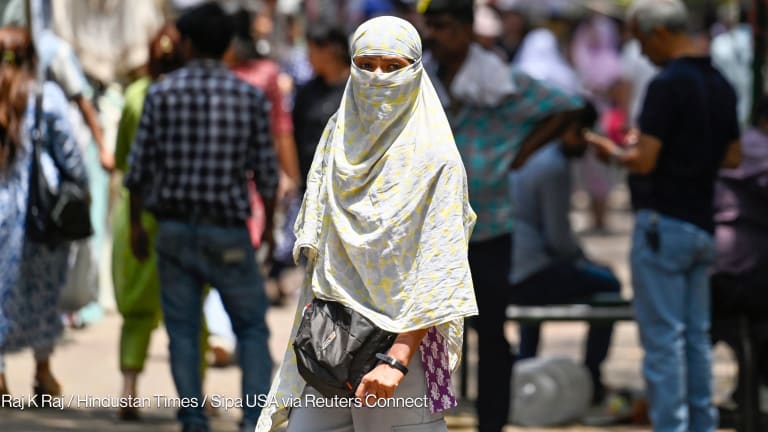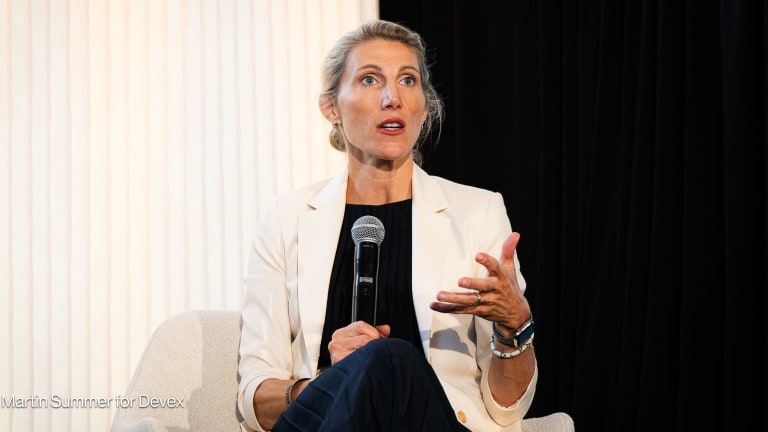As extreme weather becomes the norm across the African continent, the health of vast swaths of the population is deteriorating.
Malawi has been bombarded with cholera, fueled by flooding and weak sanitation systems. This week, the country was pummeled yet again by Cyclone Freddy, with catastrophic flash flooding expected to exacerbate the spread of the deadly bacteria. The Horn of Africa is also experiencing historic levels of a multiyear drought, leading to widespread malnutrition and all of the illnesses that accompany a body weakened by hunger.
But the urgency with which health responders must work to protect the health of the communities they support across Africa has not always translated into policy. Some policymakers are confused about how they should handle the intersection of health and the climate crisis within their borders. Speaking at the Africa Health Agenda International Conference held in Kigali last week, health experts said policymakers are asking for more data on cost-effective strategies they can roll out.








